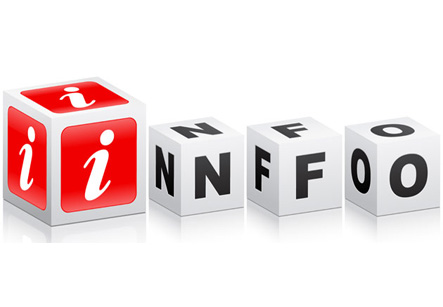Useful Information for Tourists and Travelers to Iran
Climate
Shiraz’s climate has distinct seasons, and is overall classed as a hot semi-arid climate (K?ppen: BSh), though it is only a little short of a hot-summer Mediterranean climate (Csa). Summers are hot, with a July average high of 38.8 °C (101.8 °F). Winters are cool, with average low temperatures below freezing in December and January. Around 300 mm (12 in) of rain falls each year.
Currency
The Iranian rial (in Persian: ﷼ iran ýý; ISO 4217 code IRR) is the currency of Iran.
Although the “toman” is no longer an official unit of Iranian currency, Iranians commonly express amounts of money and prices of goods in "tomans." For this purpose, one "toman" equals 10 rials. Despite this usage, amounts of money and prices of goods are virtually always written in rials. For example, the sign next to a loaf of bread in a store would state the price in rials, e.g., "100,000 Rials," even though the clerk, if asked, would say that the bread costs "10,000 tomans.". Currently the highest valued legal tender banknote issued by the central bank is 100,000 rials (about U.S. $3.20 on Dec, 5, 2015).However 500,000 rial and 1,000,000 rial Iran Cheques circulate freely and are treated as cash.
If travel is most rewarding when it surprises, then Iran might just be the most rewarding destination on Earth

Health
There are no immunization restrictions to enter Iran unless tourists coming from suspicious areas. Due in part to its dryness and relative isolation, your chances of getting seriously ill with a virus or other infectious disease in Iran are fairly small.
Important Telephone Numbers
Ambulance: 115
Police: 110
Fire and rescue: 125
Gratuity/tipping
Gratuities are generally not added to the bill at a restaurant (except sometimes for very large parties), so it is customary to tip at least 10% of the total depending on the quality of service.
Language
Fifteen official languages are spoken in Iran: Persian, Azeri, Kurd, Gilaki and mazandarani, Luri, Arabic, Balochi, Tati and Talysh, Armenian, Georgian, Circassian, Assyrian Neo-Aramaic and other Assyrian dialects, Hebrew and Mandaic. However, most people speak at least a little (if not fluent) English, so communication is not all that difficult.
Safety
Visitors are advised to take normal precautions with their own safety as well as that of their belongings. Most of these precautions fall within the domain of common sense – avoid walking alone on quiet or deserted streets (especially at night), be aware of the area to or through which you are travelling, do not leave valuables unattended, avoid wearing clothing or jewelry in public that will attract unwanted attention or carrying large amounts of cash, and only use taxis that are booked through a reputable service.
Telephone
Iran has a modern telecommunications system with coverage throughout the country. The international dialing code is +98, followed by the area code without the initial 0. To dial out of Iran, simply add 00 to the beginning of the number.
Travelling by road
Iran’s road network is quite sophisticated in the cities and along major arterial routes, but can become rough in more rural areas. Petrol stations equipped with fuel and food services are available at regular intervals along most routes, and fuel can generally be paid for by cash or Iranian credit cards. Traffic laws are quite strictly enforced, including the wearing of seatbelts at all times and general speed limits of 60km/h in residential zones and 110km/h on freeways.
Visas
All visitors to Iran must be in possession of a valid passport, and many nationalities will require a visa as well. Visa information can be obtained from most reputable travel agencies or direct from an Iran embassy or the Department of Home Affairs. Visas are not typically issued at border posts and should be organized well in advance. It may also be necessary to obtain multiple-entry or extended visas where required.
The above information serves as a basic guide to Shiraz. For any other questions you may have, please consult our Frequently Asked Questions page, or contact us directly.